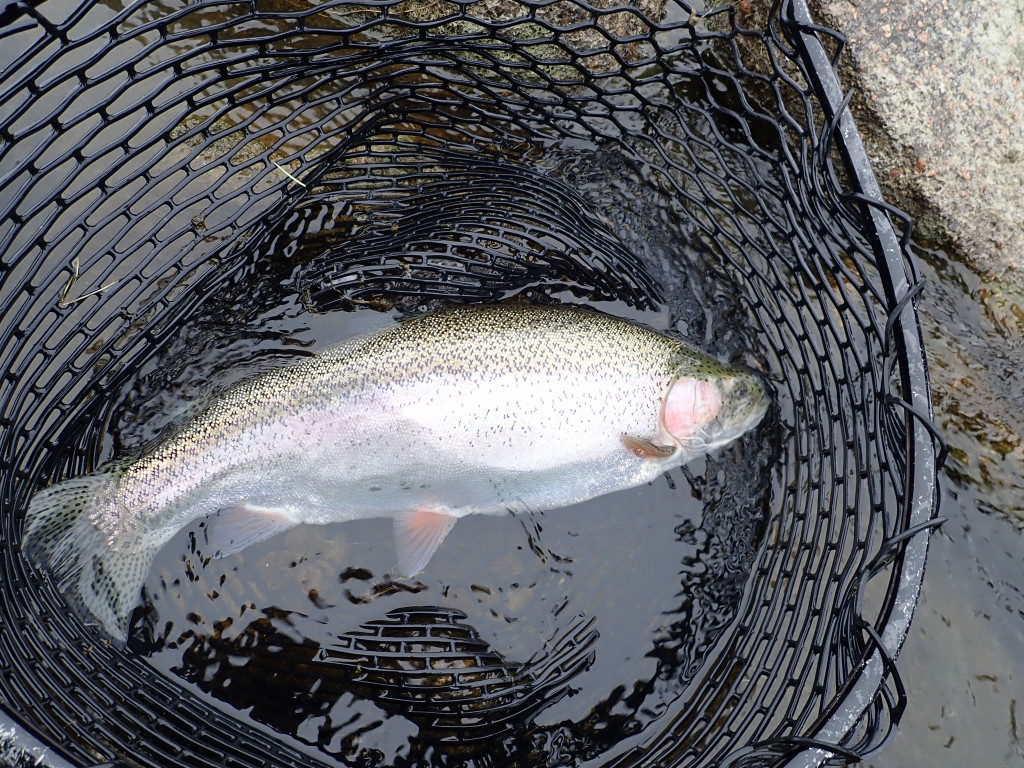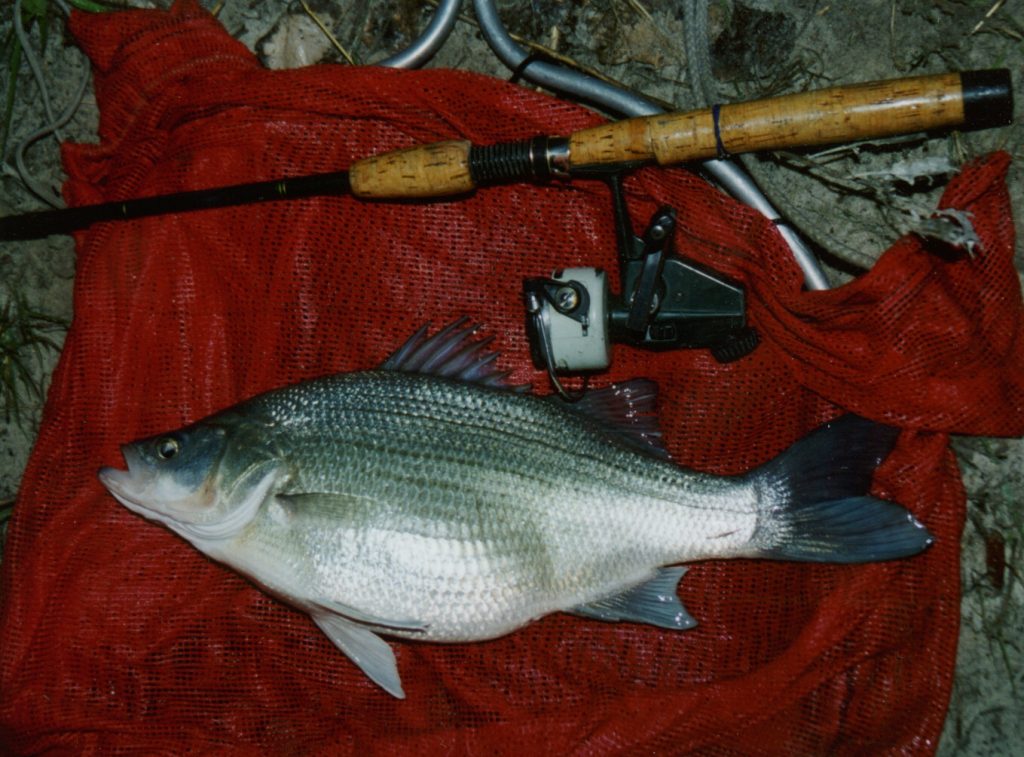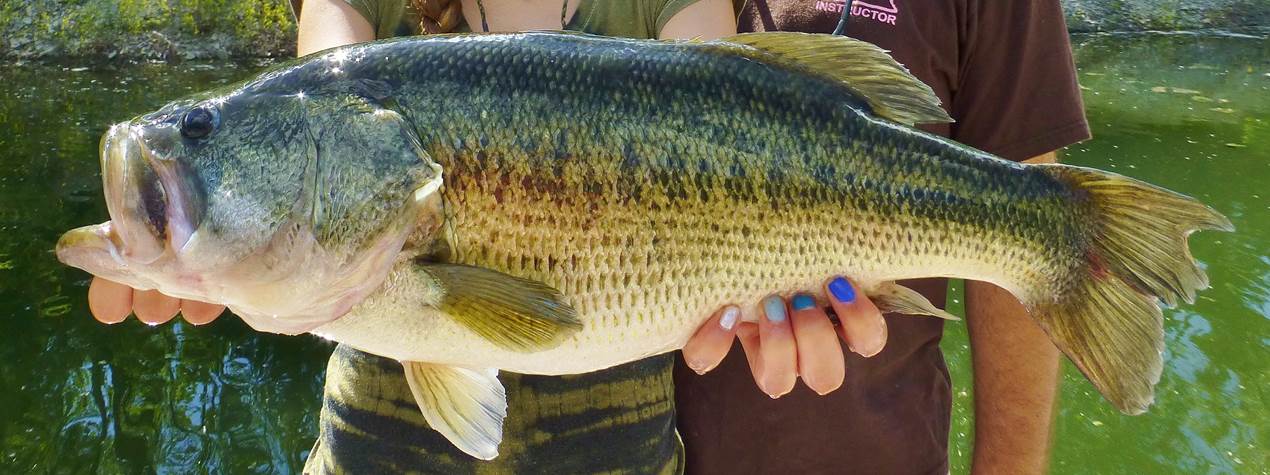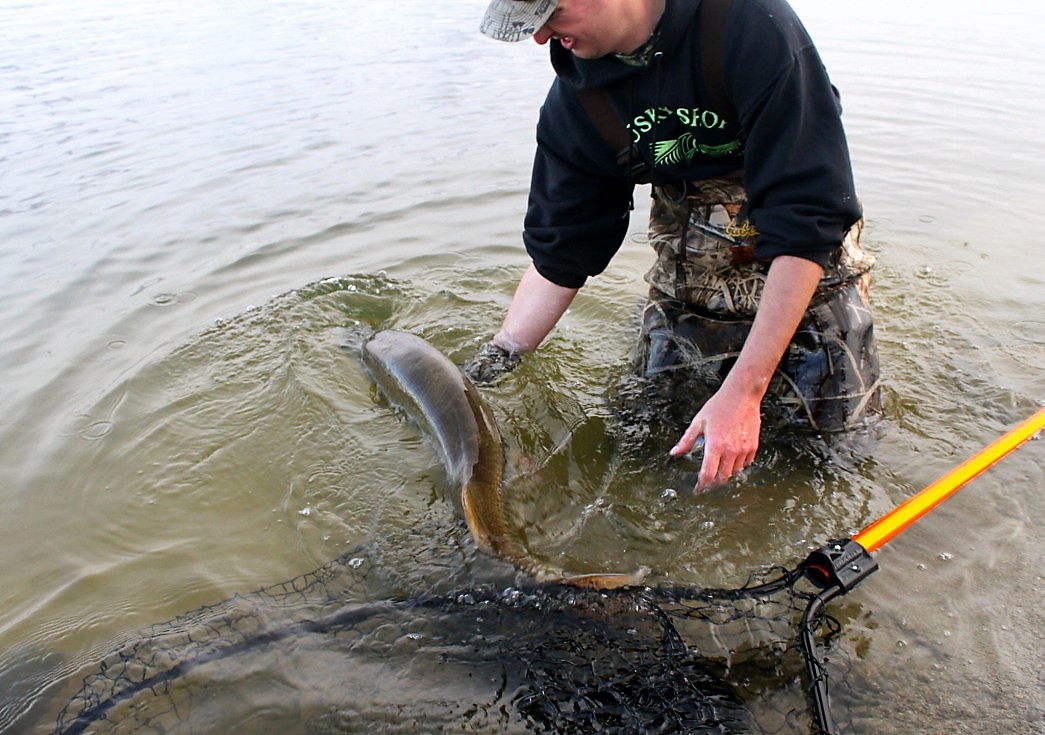I noted a week ago that the fish are biting, now. The reports I am hearing and photos I am seeing have exploded in the past week. May and June are some of the best open-water fishing months every year. We are in the middle of that NOW!
Have noticed some other things about all of those photos and reports, so I am going to blog about it again: Best fish handling practices.
Now, don’t you dare tune me out at this point because you think you are going to whack and fry all the fish you catch. BALONEY! I do not care where you are fishing, you will be catching fish that you are required to release, or you are going to choose to release. You might as release them as well as possible.
Catch & release is a reality for ALL anglers now. That practice is necessary for protecting our fisheries and enhancing our fishing opportunities. Done right, fish can be released with an excellent chance to survive. Done less than right, you are harming a resource that belongs not just to you, but to every other angler. Yes, some of us get a little passionate about that.
Oh, and one other thing. . . . Do not give me the line that “the fish swam off when we put it back in the water.” Sure, it might have swam off, but reams of fisheries research has shown that delayed mortality is a significant component of hooking mortality. That research has shown that fish handled in the best way have an excellent chance to survive. Fish handled with less than the best care have less and less chance of survival, even if they swam off!
So, some comments about what I am seeing. . . .
Don’t roll ’em in the dirt!
First of all, let me say this: If you are going to harvest a fish, assuming it is legal to harvest that fish, handle it however you want. Even then, there are best ways to handle fish to ensure they reach the table in the highest quality possible. That is another blog for another day.
If a fish is going to be released, it has not been handled best if it has been allowed to flop on the shoreline or the bottom of the boat! Yes, fish are slimy and that slime coat is important in protecting the fish from injury and infection. Fish that look like “shake and bake”, covered with dirt or leaves, have had their slime coat abused. No, I am not saying they are doomed to perish. I am saying they will have a better chance of survival if they were not flopped in the dirt or on the bottom of the boat!
My best recommendation for handling fish is to get a landing net! Years ago landing nets had knotted nylon mesh that was hard on fish. Those old nets were particularly damaging to fish fins and their slime coat. Fortunately, like many things today, there are a lot of better options available. There are landing nets that are specifically made for catch and release, for handing fish in the best way possible. Many of those nets have rubber mesh or a rubber coated mesh. Get one! Need some suggestions? Frabill, Stowmaster, Beckman.
Something else I have done over the years is use a mat or wet bag to protect fish while handling. European carp anglers take their catch & release very seriously and have developed a variety of mats just for unhooking and handling fish (e.g. Unhooking mats). You can do the same thing with a mesh laundry bag:
Keep the fish in the water as much as possible. Put the fish in the net, leave the net in the water while hooks are removed and the camera is readied for pictures.
Hold ‘Em Right
Not going to say anything new here, have said it many times before. Horizontal holds are best! Hold the fish horizontally, use both hands, support the mid-section of the fish. The bigger the fish, the more it needs to be held horizontally. Again, I am not going to say that a vertical hold is a death sentence. I am going to say that horizontal holds with two hands are better than horizontal holds with one hand which are better than vertical holds.
Hanging fish vertically to weigh them can be particularly damaging. Use a net or bag to weigh the fish, or better yet, don’t weigh them at all. Measure the length, measure them in the net, in the water if possible, and then get ’em back in the water.
Be Prepared, Especially for Big Fish
Best fish handling practices require preparation. You should have any tools you might need at hand and be ready to use them BEFORE you hook the big one! If you are fishing waters where there is a possibility of hooking a big, toothy predator, you need to be ready! For example, most muskies you catch in Nebraska are going to have to be released. If you are fishing waters where those fish are present, be prepared for one! Hooking a muskie and then wondering what you are going to do with it is a sure way for mis-handling and increased mortality.
I have posted this video before. Yes, it specifically addresses proper handling for releasing muskies, but you can apply the fish handling in this video to EVERY fish you catch:
DO IT!
The post You ARE Going to be Releasing Fish, Might as well Do It Right! appeared first on Nebraskaland Magazine.





















